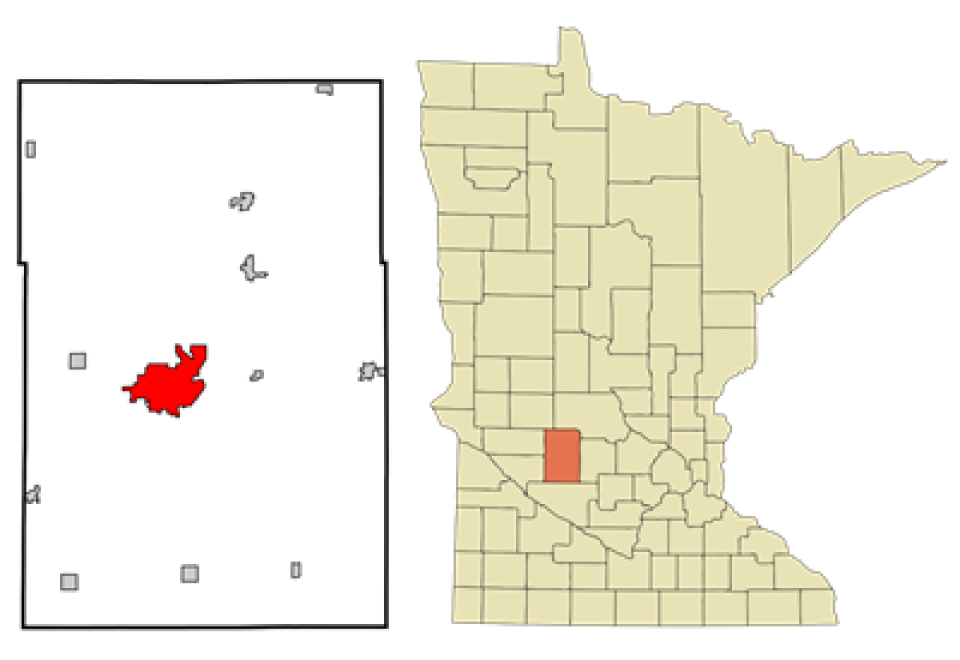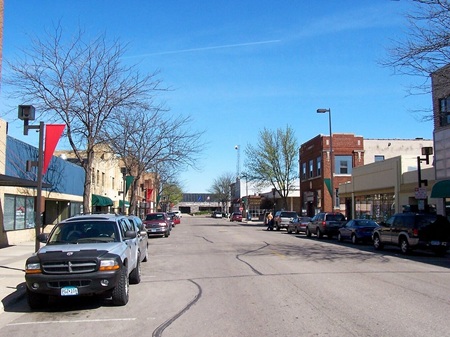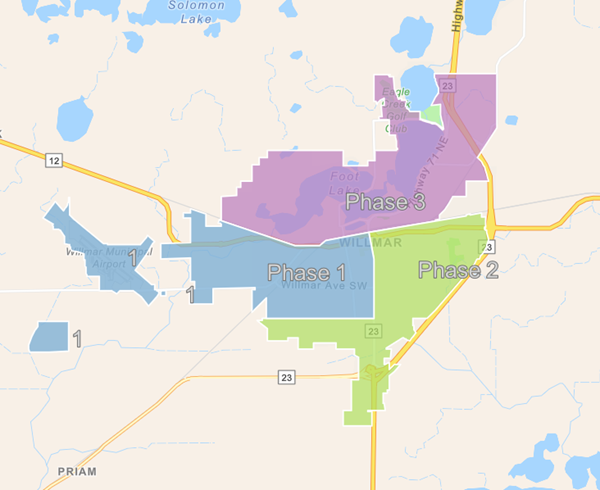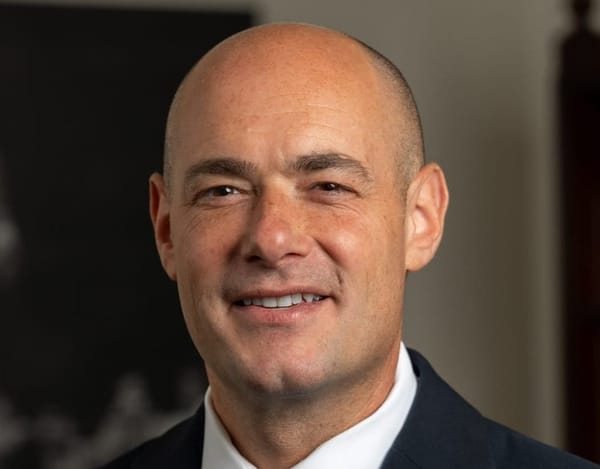Willmar, Minnesota Moves Forward With Open Access Fiber Network
The city promises options ranging from symmetrical 300 megabits per second to symmetrical 1 gigabit per second.
Karl Bode

The city of Willmar, Minnesota (est. pop. 21,000), has voted to move forward on plans for a city-owned open access fiber network. The $24.5 million investment, which saw finalized approval by the Willmar city council earlier this month with a 4-3 vote, aims to drive accountable, affordable, fiber access to long underserved parts of the city about 100 miles west of Minneapolis/St. Paul.
In its 4-3 vote in early March, the City Council opted to continue work on the Connect Wilmar Initiative, something it says is an answer to the ongoing failures by regional incumbent telecom monopolies to provide uniform, high quality, high speed, affordable Internet access.
“Local internet providers were not interested in improving Willmar's internet infrastructure,” the city says. “After soliciting proposals, the city chose to partner with Hometown Fiber, aligning with Willmar’s long-term vision to provide fast, reliable internet through an open-access fiber network.”

The decision to move forward on the network comes after several years of careful planning, starting with the creation of a city broadband committee in September of 2022, and a mapping of local broadband access (or lack thereof) completed in December of 2022.
According to a network FAQ, the planned $24.5 million in construction costs will be paid via bonds, which would then be paid back by leasing fees by local competitors looking to access the network. Studies routinely find that open access networks drive down entry costs, improve local competition, and result in better, cheaper, and faster broadband access.
The city has yet to specify speed tiers or pricing, but promises options ranging from symmetrical 300 megabits per second to symmetrical 1 gigabit per second, and says it already has accumulated a list of unnamed ISP partners eager to provide broadband access over the network.
“Pricing for internet packages will be determined by the ISP who is offering service,” the city’s FAQ states. “Those price points will be released by the ISPS as the project proceeds with expected prices starting around $30 a month. Remember this network is about the community and not profit.”
Like many U.S. markets, Willmar is dominated by just a handful of regional monopolies that don’t see much in the way of competition, so they don’t try particularly hard when it comes to coverage, customer service quality, speed, or price.

The city’s broadband mapping efforts found that only a small segment of the city had access to affordable fiber at next generation speeds.
Most broadband access in the city consists of either spotty, slower coaxial cable broadband access through Charter Communications (Spectrum), or aging DSL provided by long-criticized regional telco Frontier Communications.
Willmar’s interest in building its own open access fiber network prodded Charter to offer the city a last-minute promise to expand its hybrid coaxial fiber network out to the city’s industrial park in exchange for cancelling the planned citywide network.
But four of the city’s council members realized a partial build out of Charter’s network likely wouldn’t match the regional impact of a city-owned network, particularly when it comes to affordability and overall reach. Charter also has a history of not living up to its promises to regulators in other states, such as New York.
Charter has repeatedly claimed the network is too risky and will increase local property taxes. City officials have, in turn, repeatedly noted that planned build won’t result in local tax increases.
“The people of Willmar have spoken very loudly, very clearly, they want this to happen,” City Council Member Carl Shuldes said at the recent meeting. “In my mind, I think we’ve brought the risk down to the point where the potential growth for the community exceeds the potential risk,” said City Council Member Justin Ask.

Construction of the network by Hometown Fiber is slated to begin later this year, and is expected to occur in six phases over three years. Phase one of the construction is expected to be the Willmar Industrial Park that Charter leveraged as bait to end the project’s planned expansion. A Willmar project phase map will track overall project progress.
"If we don't do something, it's not going to be very long down the road, maybe a year or two, before the rest of the county is going to have a better speed on their Internet than we do, because they'll have fiber and we'll still be trying to push everything across a cable," broadband committee member Larry Fujan stated last year.
This article was published by the Community Broadband Networks Initiative of the Institute for Local Self Reliance on CommunityNets March 28, 2025, and is reprinted with permission.








Member discussion